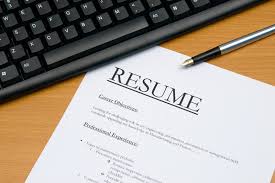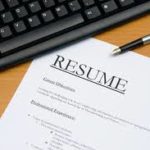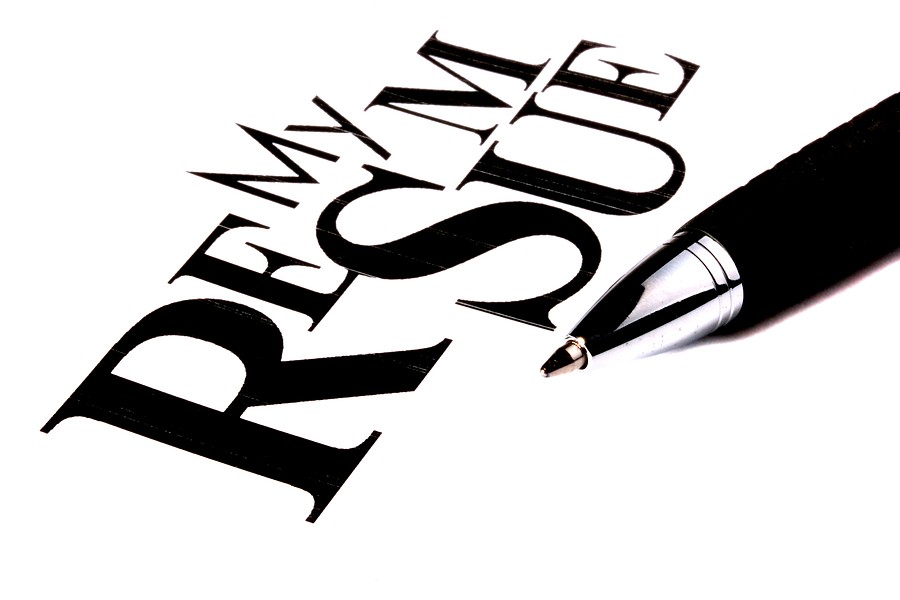
The job market is tough these days. There are so many experienced applicants, many with degrees; recruiters find themselves inundated with qualified candidates. If you are lucky enough to receive a positive response to your application, you might be selected for a phone interview. These ten or fifteen minutes are all about deciding if you are worth a recruiter’s time and if you deserve an in-person interview. That is not much time to get your foot in the door, so it is important to use those few minutes to your advantage. Consider the tips below the next time you are scheduled for a phone interview, and show your interviewer how your experience, skills, and attitude qualify you for a second interview. Once you’ve gotten the in-person interview, take a look at our tips here.
Be ready. Do not skimp on the research. Learn all you can about the company and the requirements of the position you’ve applied for. Read over the job description and be ready with concise points that demonstrate that you’re the best candidate for the position. Remember that fitting within the company’s culture is critical to your success in the position. Be clear about your ability, and willingness, to fit into the culture.
Be professional. This is not just a chat. It is an opportunity. Take on that opportunity with professionalism. It might be tempting to get comfortable on your couch in your pajamas while you take the phone interview. Resist that urge. Dress as if you are going to an in-person interview, sit at a desk, and put on your “game face.” Have your resume handy and be prepared to speak to every aspect of your career, and every transition between jobs.
Mind your energy. Put a smile in your voice and convey your enthusiasm about the job. Demonstrate through your energy and attitude that you really want the position and that you are easy to communicate with. If you sound timid, the interviewer is going to think you are timid, or not very interested in the position.
Stay focused. Do not look in a mirror while you hold the conversation – you will be focusing on yourself when you need to be focusing on the interviewer. Visualize the person you are talking to and develop a more personal connection by looking at a picture of the interviewer. Odds are good you can find an image on their LinkedIn or other social profile. Keep that picture in view and remember that you are talking to a real person. One who could impact your future.
Listen before you talk. Be sure to listen carefully to questions posed and construct your responses so they clearly answer the interviewer’s inquiries. When you are nervous, you might blurt things out or talk too much. Pause before answering questions. Demonstrate your thoughtful consideration, rather than a rush to speak. Keep your responses simple. If you are not sure that you have given the interviewer the answer they were looking for ask something like, “Is that what you were after? Would you like me to clarify that in more detail?”
Ask questions. There is always a place in an interview where the interviewer asks, “Do you have any questions for me?” Never say “No” to that question. Be prepared with thoughtful questions generated from your research, and use this opportunity to show your enthusiasm or ask about specific aspects of the job. Your questions should clarify the responsibilities of the job, aspects of company culture or simply demonstrate that you are serious about putting your experience to work. At this point, it is not appropriate to ask about processes, salary, benefits or start dates. Those questions come after you have secured the in-person interview. Rather than asking what the company will do for you, stay focused on what you will do for them.
Figure out what comes next. The last thing to cover in a phone interview is, “What’s next?” Ask the interviewer if there is more information you can provide and if they can confirm what the next steps are. Should you provide references? Will there be another interview? Do not be shy about asking how to continue the process. If you are serious about the job, you will naturally be curious about what comes next. The recruiter will expect no less.
When a company offers you a phone interview, they are really giving you a window of opportunity. Prepare to do your best with that opportunity. With solid research, a professional demeanor, and clear communication about what you bring to the table, you can help the interviewer feel like you are a good use of their time. In the end, your preparation could get you what you really want; an in-person interview.
Good luck!














